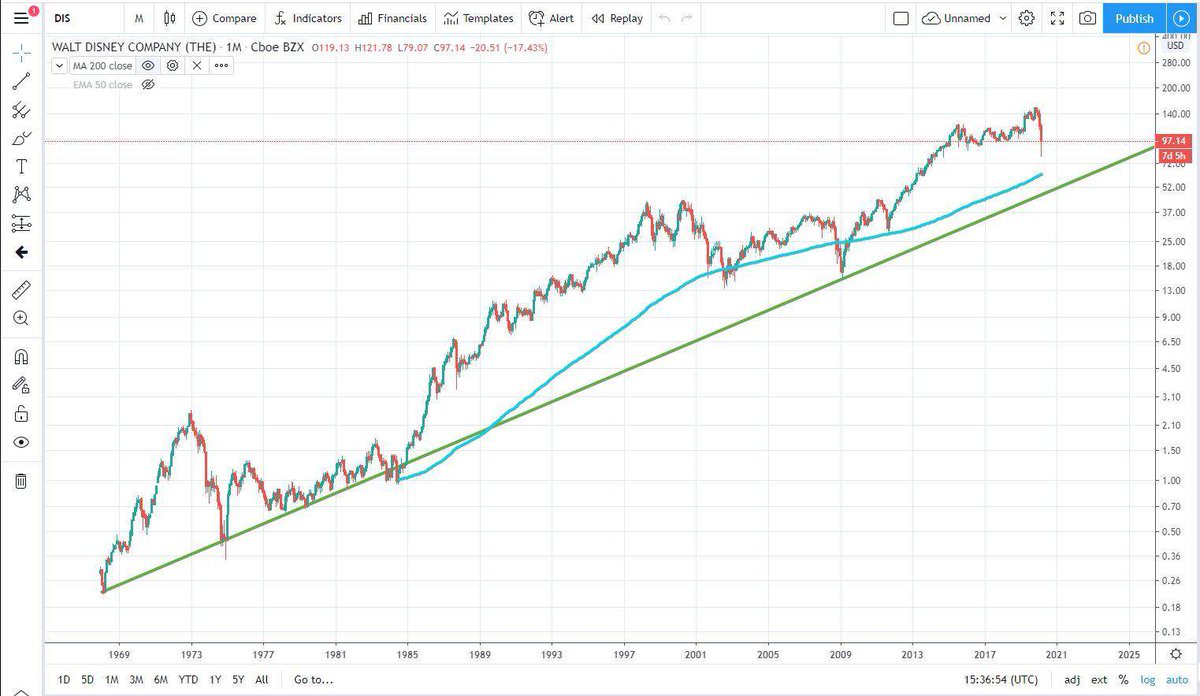Strangely, one of the contributing factors to Claremont’s departure was Marvel’s initial public offering of 40% of shares in the company in 1991, a long-percolating business strategy that radically reconfigured the house of ideas, and changed comics forever. #xmen 1/5
As noted by Sean Howe in “Marvel Comics: The Untold Story,” the corporate model depends on sustained quarterly revenue growth and market expansion. As such it necessitates an endless stream of crossovers and gimmicks to sustain said growth. 2/5
Marvel editorial of the time saw a future that did not seem ideally suited to Claremont’s style, even though his X-Men was the best-selling comic in the world at the time. 3/5
“He wasn’t ready for the budgetary needs that those titles were going to demand from him – the expectations of multiple crossovers, the expectation of story events that were not going to be what he wanted to do or how he wanted to do it.” –Fabian Nicieza (qtd in Howe). 4/5
We never got to see if Claremont could have adapted his ongoing stories to the new corporate model, but the impact of that shift in spurring his departure, if nothing else, represents another compelling object lesson on the intersections of art and commerce. 5/5

 Read on Twitter
Read on Twitter






